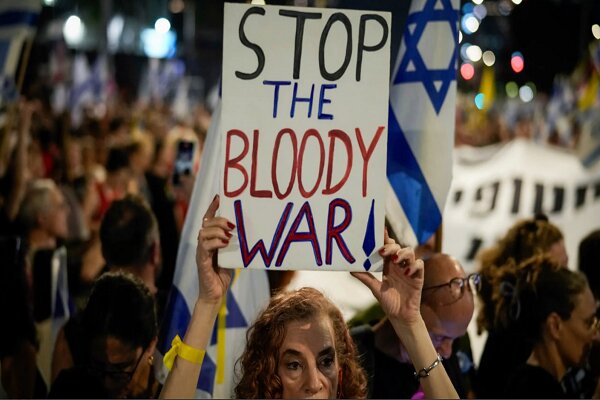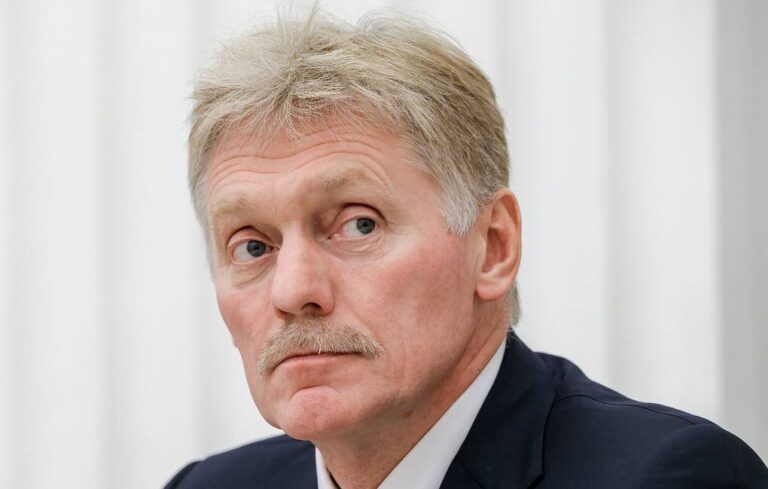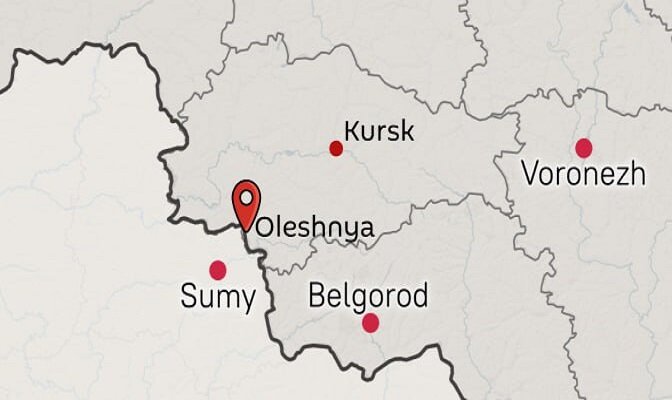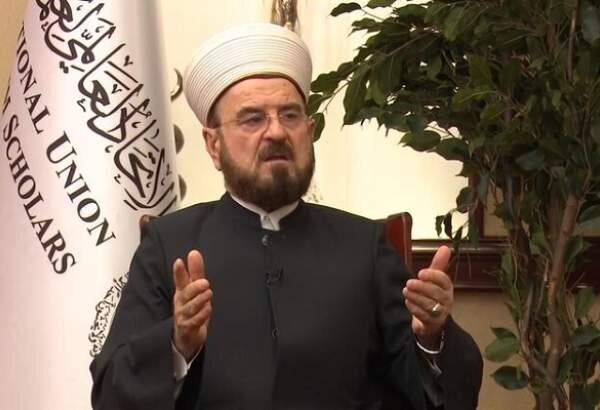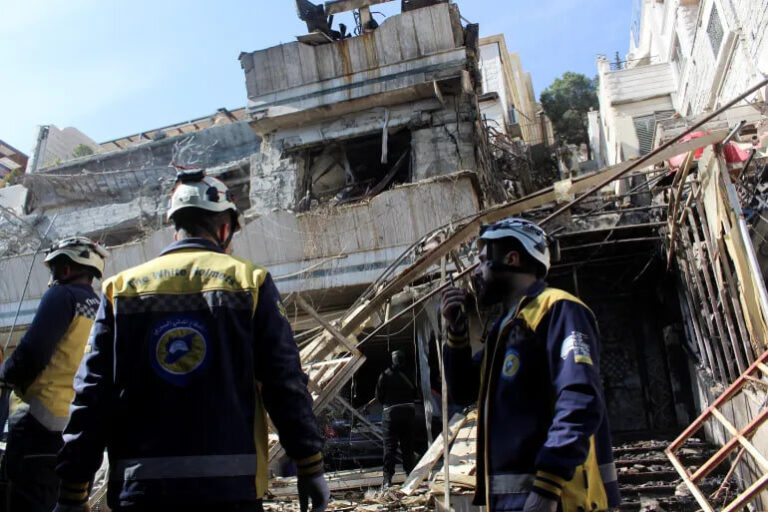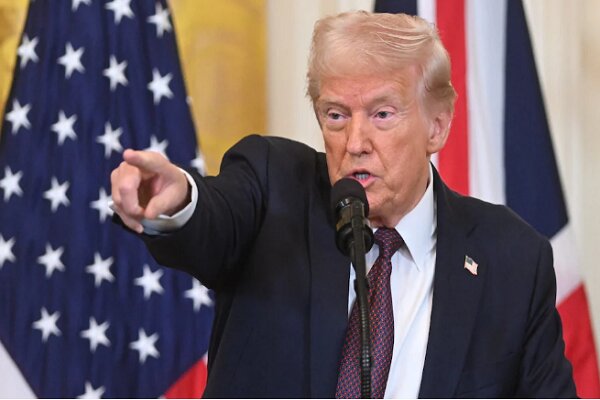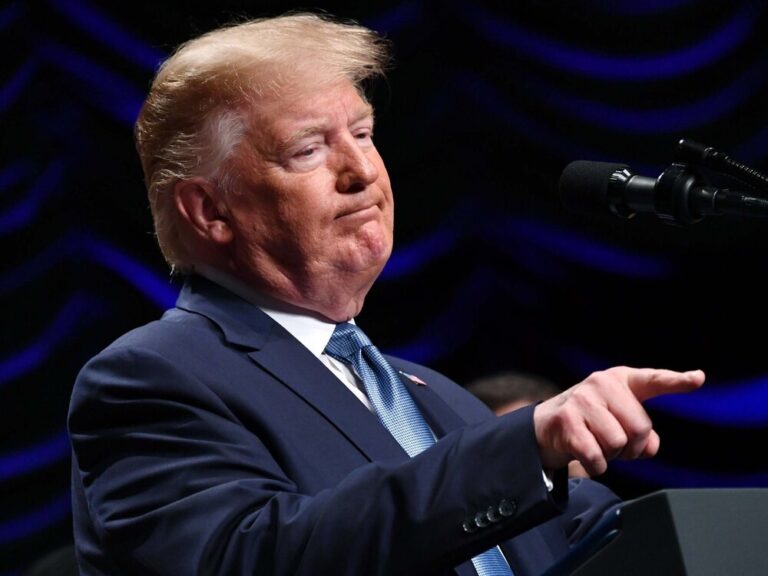Voices of Resistance: Israeli Authors Expose the Human Toll of Ongoing Conflict
In a remarkable display of dissent, hundreds of prominent Israeli literary figures have united to call for an end to the Gaza war. This significant petition highlights the growing divide within Israeli society regarding the ongoing conflict and its dire humanitarian consequences. As the cultural elite raises their voices, they join forces with military reservists, academics, and the international literary community, challenging the Israeli regime’s war policies and igniting crucial discussions about culture, politics, and ethics in times of war.
A Cultural Elite Breaks Ranks
The signatories of this petition encompass a diverse group of authors, poets, publishers, illustrators, literary editors, and academics. They assert that Prime Minister Netanyahu has deliberately obstructed a potential peace deal, fearing that a resolution would jeopardize his political career and personal freedom amidst mounting legal troubles. This serious accusation implies that the prime minister is willing to prolong a disastrous war to escape prison, exposing the core of Israel’s political crisis and raising profound questions about the intersection of politics, justice, and warfare.
Notable signatories include:
- Nitza Ben-Dov, Israel Prize recipient
- Yehoshua Sobol, acclaimed playwright
- Ofra Offer Oren, Sapir Prize winner
- Daniella London Dekel, prominent journalist
This esteemed group lends substantial cultural weight to the petition, which targets Netanyahu, the defense minister, government officials, Knesset members, and senior IDF officers. Their collective appeal represents a broad-based demand for accountability and reform in Israeli war policies.
Wider Social and Military Discontent
The writers’ call is part of a larger chorus of dissatisfaction, echoed by thousands of military reservists, doctors, and academics advocating for an end to the conflict. These groups express concerns that the ongoing violence jeopardizes the lives of both hostages and soldiers, while politicians exploit the situation to consolidate their power instead of ensuring real security.
The involvement of military personnel in these appeals is particularly striking, as it undermines the government’s authority from within. This internal dissent reflects a broader public discourse on the costs and consequences of the conflict. The breakdown of the January 2025 ceasefire and the subsequent escalation of Israeli attacks on Gaza have led to unprecedented levels of destruction and loss of life, igniting anger and despair among the Israeli populace.
Many citizens are questioning the wisdom and ethics of the government’s policies. The joint effort from military and academic circles adds significant weight to the cultural elite’s demands, signaling that resistance is not confined to fringe elements but resonates throughout Israeli society.
The timing of this petition is strategic. Amidst escalating global criticism of Israel, particularly from UN reports detailing the humanitarian crisis in Gaza, the petition aligns with international calls for de-escalation. This synergy amplifies its impact and connects with global human interest, making it challenging for critics to dismiss it as mere naive pacifism.
International Literary Boycott and Cultural Warfare
Beyond Israel’s borders, a large-scale cultural boycott of Hebrew literature is underway within the global literary community. This boycott stems from the recognition that these works are intertwined with Israel’s occupation and aggression against Palestinians. Over 1,000 writers and literary professionals worldwide have pledged to boycott Israeli publishers, literary festivals, and cultural events that fail to respect Palestinian rights. This movement is deemed the largest cultural boycott of Israel to date, drawing parallels with the global anti-apartheid boycotts of South Africa.
This boycott campaign represents a cultural war aimed at ostracizing Israel internationally and pressuring its institutions to amend policies seen as fostering injustice and violence. It signifies a burgeoning wave of cultural and intellectual protest, as literature and art continue to influence public perception and political discourse.
The petition from hundreds of Israeli literary figures marks a pivotal moment in the ongoing dialogue surrounding the Israeli-Palestinian conflict. It directly challenges the prevailing narratives that justify military actions and advocates for a reevaluation of Israeli strategies in Gaza.
Moreover, this movement reflects a growing sentiment within Israeli society, with an increasing number of individuals questioning the moral, ethical, and political ramifications of the ongoing conflict. Although the petition may not result in an immediate end to the war, it serves as a potent reminder of the valuable insights scholars and cultural figures can contribute to the discourse on violence and militarism. In the long term, this could lay the groundwork for a more sustainable and equitable peace.
